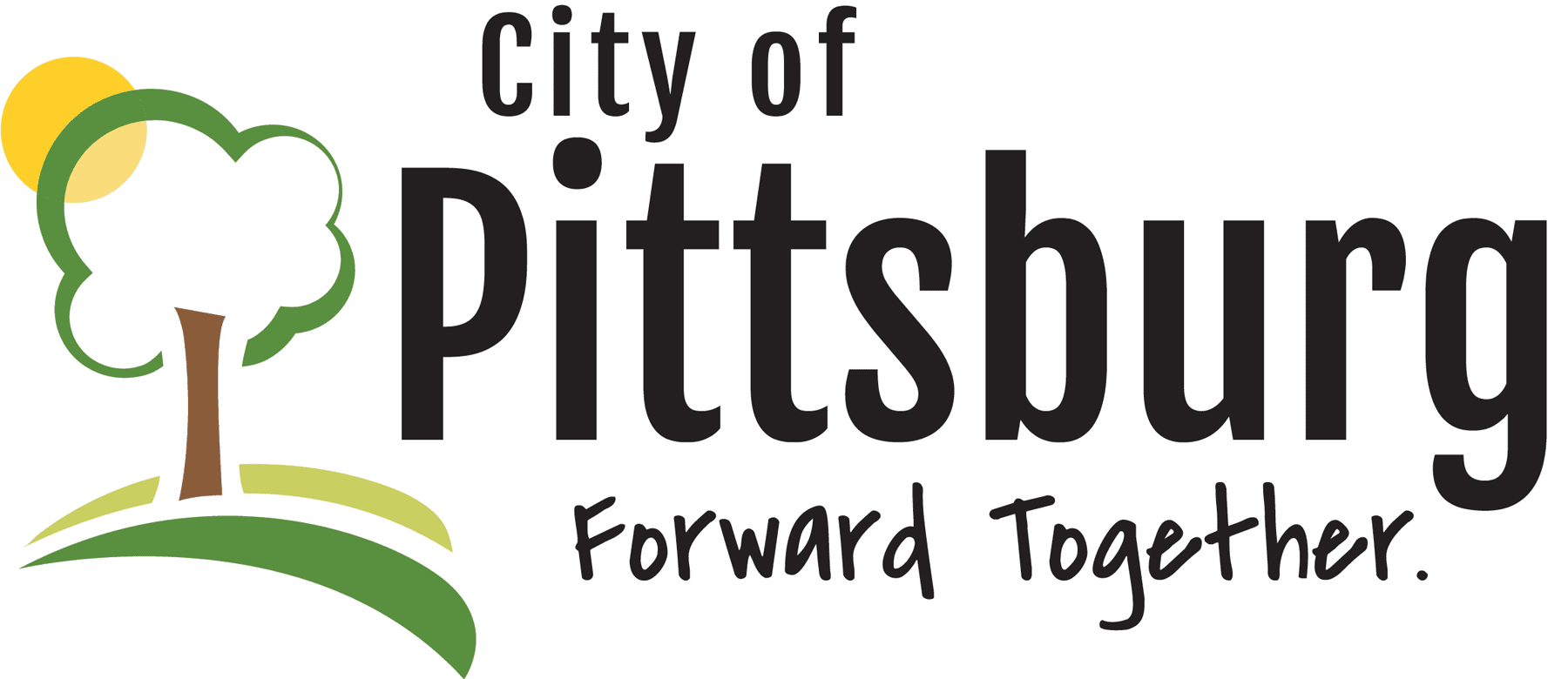Pittsburg City Commission adopts Five-Year Financial Plan
City Press Releases
June 27, 2019
PITTSBURG, KS – At the Pittsburg City Commission Meeting held June 25, Pittsburg City Manager Daron Hall and City of Pittsburg Finance Director Jamie Clarkson presented the 2019 Five Year Financial Plan.
The Five-Year Financial Plan is part of the City’s annual budgeting process and helps inform decisions to ensure financial stability, safeguard the City’s ability to provide essential community services, and assists the City in policy decisions.
“The City Commission is required to pass a budget each year that reflects the City’s long-term plans,” said Hall. “The Five-Year Financial Plan ensures the budget we adopt is in line with the City’s priorities.”
Those priorities include the focus areas in the Imagine Pittsburg 2030 community-visioning plan, which was published in 2012 and revised in 2017. Six areas of focus in the plan include housing, economic development, public wellness, infrastructure, education and marketing.
Hall updated commissioners on City revenues and expenditures, and presented the following recommendations to the commission for the upcoming budget year:
- A one percent cost of living increase for City staff in years 2020 – 2023, and a two percent merit increase in years 2021 and 2023
- Minimal changes to the Debt Service Fund mill rate for years 2020 – 2023
- No sales tax increase in 2020
- No property tax increase in 2020
- No utility rate increase in 2020
- One percent annual utility rate increase for years 2021 – 2023
A recap of the five-year plan shows a steady increase in sales tax revenues, a healthy balance in reserves, declining debt service, and an increase in assessed valuations.
Sales Tax Revenues:
Sales tax, property tax and utility revenues are the three leading sources of revenue for the City of Pittsburg, with sales tax being the largest contributor. The sales tax rate in Pittsburg is at 9 percent; 6.5 percent is collected by the State of Kansas, 1 percent is collected by Crawford County, and 1.5 percent is collected by the City government.
Reserves:
The Government Finance Officers Association (GFOA) recommends minimum reserve levels at 16 percent of revenues or two months of expenditures. In 2014, the City made a plan to reach this reserve goal, and met it in 2018.
Debt service:
The City’s legal GO debt limit is based on 30 percent of a City’s assessed valuation. The City of Pittsburg’s current debt limit for GO bonds is $44.7 million. The City’s total outstanding GO debt is $16.1 million. The City’s GO bonds are scheduled to be paid off in 2023.
Property Tax:
The City’s net assessed valuation remained relatively flat until 2018 when it increased by 6.84 percent due to the construction of the Kansas Crossing Casino and Hampton Inn Hotel. In 2019, assessed valuation grew another 1.58 percent with the additions of the LaQuinta Hotel, Tractor Supply and completed housing developments. Assessed valuation in Pittsburg continues to trend upward and the City is projecting minimal growth of 0.25 percent for years 2020 through 2023.
The City Commission voted to accept the Five-Year Financial Plan. The plan will serve as the basis for the City’s 2020 budget. At the July 9 commission meeting, City staff will present the first draft of the 2020 budget and commissioners will have two weeks to review it. The commissioners will provide feedback on the budget at the July 23 meeting and adopt the final budget on August 13.
The Five-Year Financial Plan is available to download on the City’s website at www.pittks.org.
###
The mission of the City of Pittsburg is to provide exceptional services, facilities and activities with integrity, professionalism, excellent customer service and a commitment to economic vitality.





